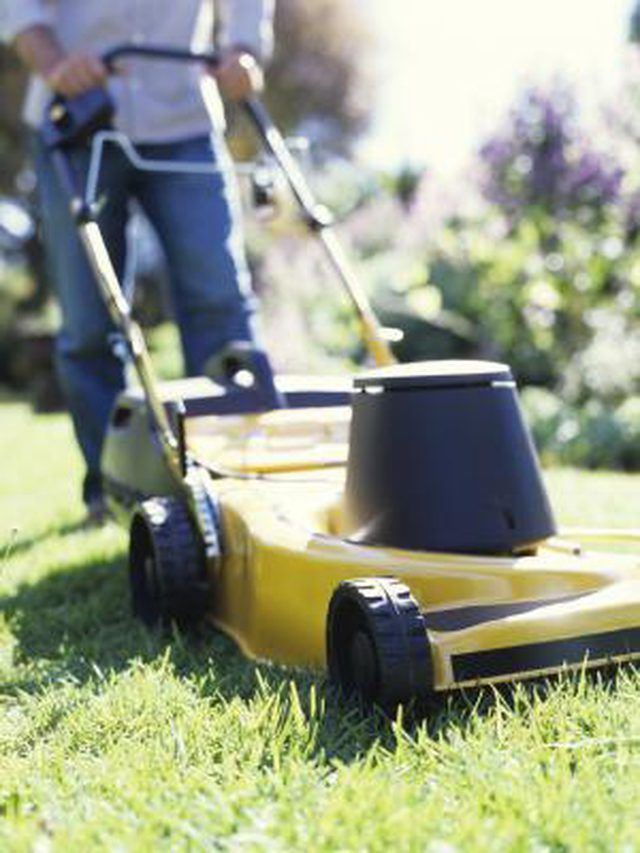Bulbs
Flower Basics
Flower Beds & Specialty Gardens
Flower Garden
Garden Furniture
Garden Gnomes
Garden Seeds
Garden Sheds
Garden Statues
Garden Tools & Supplies
Gardening Basics
Green & Organic
Groundcovers & Vines
Growing Annuals
Growing Basil
Growing Beans
Growing Berries
Growing Blueberries
Growing Cactus
Growing Corn
Growing Cotton
Growing Edibles
Growing Flowers
Growing Garlic
Growing Grapes
Growing Grass
Growing Herbs
Growing Jasmine
Growing Mint
Growing Mushrooms
Orchids
Growing Peanuts
Growing Perennials
Growing Plants
Growing Rosemary
Growing Roses
Growing Strawberries
Growing Sunflowers
Growing Thyme
Growing Tomatoes
Growing Tulips
Growing Vegetables
Herb Basics
Herb Garden
Indoor Growing
Landscaping Basics
Landscaping Patios
Landscaping Plants
Landscaping Shrubs
Landscaping Trees
Landscaping Walks & Pathways
Lawn Basics
Lawn Maintenance
Lawn Mowers
Lawn Ornaments
Lawn Planting
Lawn Tools
Outdoor Growing
Overall Landscape Planning
Pests, Weeds & Problems
Plant Basics
Rock Garden
Rose Garden
Shrubs
Soil
Specialty Gardens
Trees
Vegetable Garden
Yard Maintenance
How to Kill a Swamp Marigold Infestation on Your Lawn
How to Kill a Swamp Marigold Infestation on Your Lawn. Marsh marigold (Caltha palustris), sometimes called swamp marigold, is a native wetland plant that does well in the moist areas of U.S. Department of Agriculture plant hardiness zones 3 through 9. Even though these plants can be a great complement to a pond bank or rain garden, marsh marigolds...

Marsh marigold (Caltha palustris), sometimes called swamp marigold, is a native wetland plant that does well in the moist areas of U.S. Department of Agriculture plant hardiness zones 3 through 9. Even though these plants can be a great complement to a pond bank or rain garden, marsh marigolds are not usually welcome when they go wild and start popping up in the lawn. By using multiple methods of control, you can eliminate the marsh marigold menace from your lawn for good.
Things You'll Need
Hand-held shovel
Lawnmower
Bypass pruners
Cardboard
Pre-mixed glyphosate herbicide
Dig individual marsh marigolds as they emerge from the lawn. Push any disturbed grass clumps back into place, and water well to reduce the stress caused by damaging grass roots. Dig out large clumps of marsh marigolds if you intend to replant the lawn anyway, and manage the stragglers as they appear.
Mow your lawn weekly, making sure to cut the marsh marigolds as close to the ground as you can without damaging your lawn. Monitor the problem closely, you don't want to allow the marigolds to set flowers or put out too many leaves -- flowers lead to more plants and leaves will allow the plant to feed itself while you're trying to starve it out. Continue mowing frequently throughout the growing season.
Clip marsh marigold flowers and leaves off of the plants between mowings if your infestation is small, but aggressive. Back off on supplemental lawn watering to stress the marsh marigolds, but don't allow your lawn to die trying to dry the nuisance plants out -- if your lawn looks brown or limp, water regardless of the marsh marigolds.
Fashion a cardboard collar for the marsh marigolds that will protect your lawn from overspray and apply a pre-mixed glyphosate herbicide to the leaves of the marigolds in the fall, once temperatures are between 65 and 80 degrees Fahrenheit. Repeat treatments every 20 to 30 days, or until temperatures are below 60 degrees -- foliar herbicides work best on plants that are actively growing.
Tips & Warnings
Removing perennial weeds from your lawn is a long-term project and can take many years. If you prevent the formation of new seeds and dig new plants whenever possible, you will have your marsh marigold problem under control before you know it.
Glyphosate is a toxic chemical. Even though the pre-mixed containers make application easy and protect you from mixing the product too strongly, risks are still involved. Read all directions and warnings before using any garden chemicals.